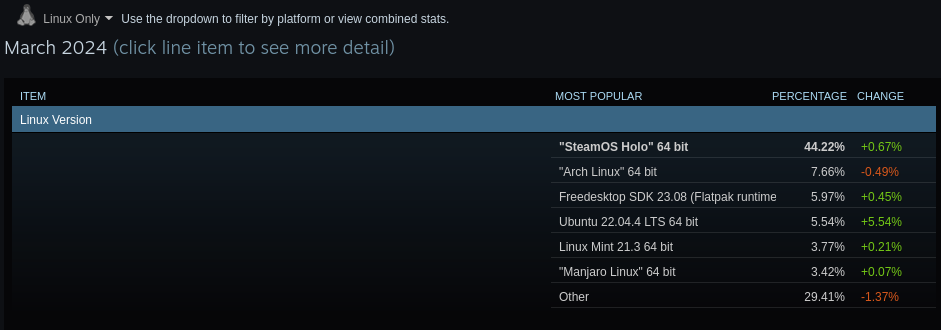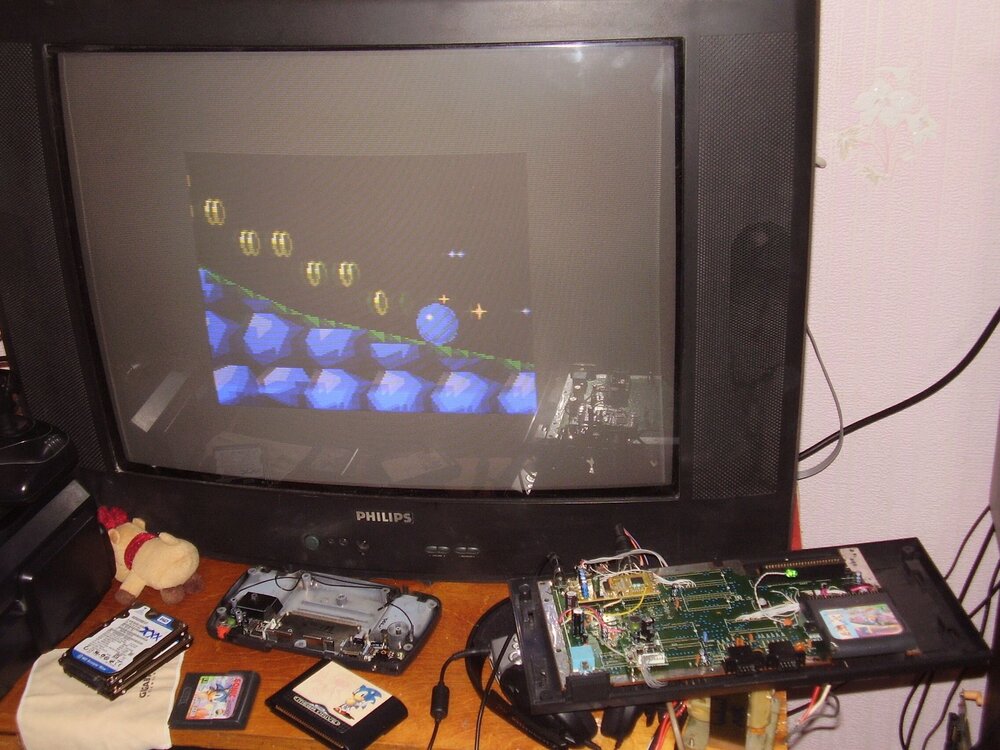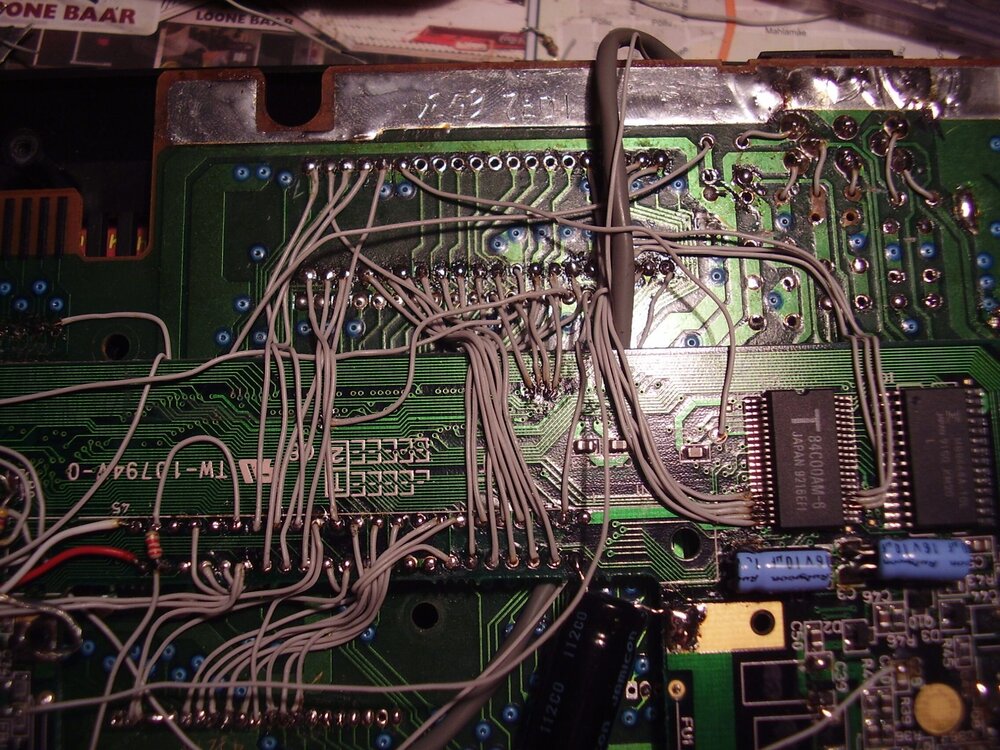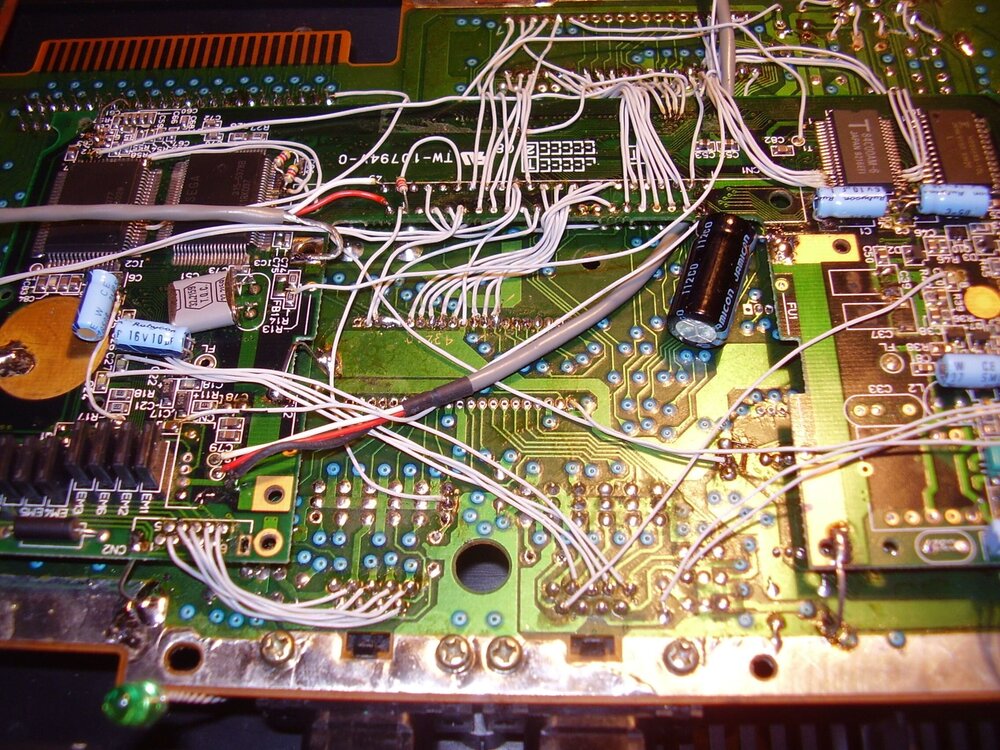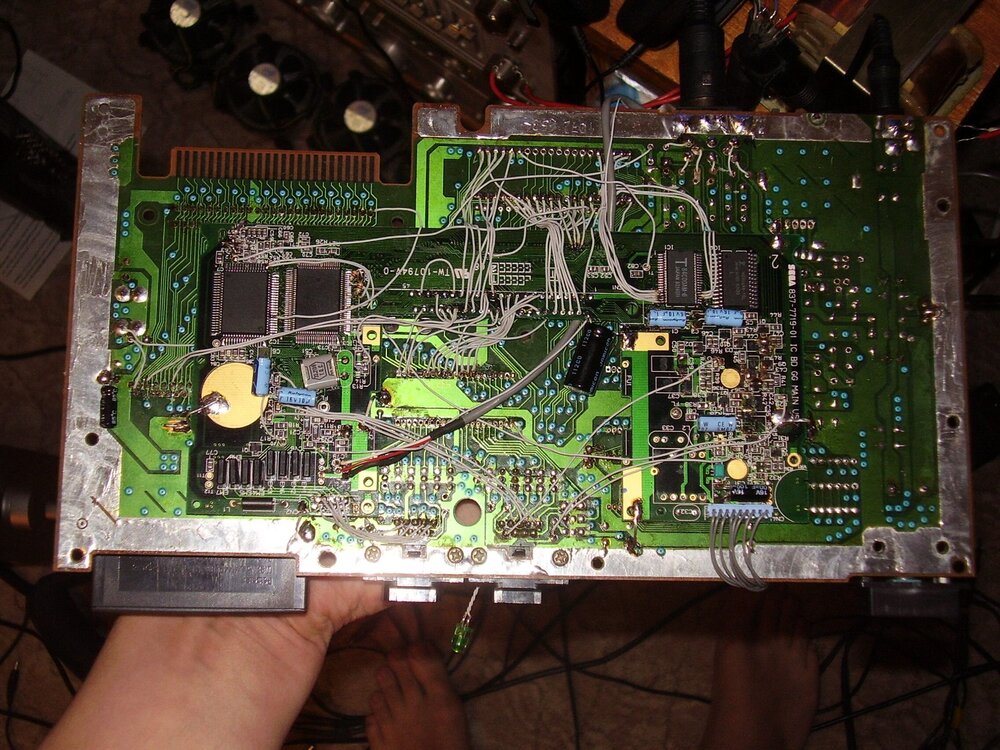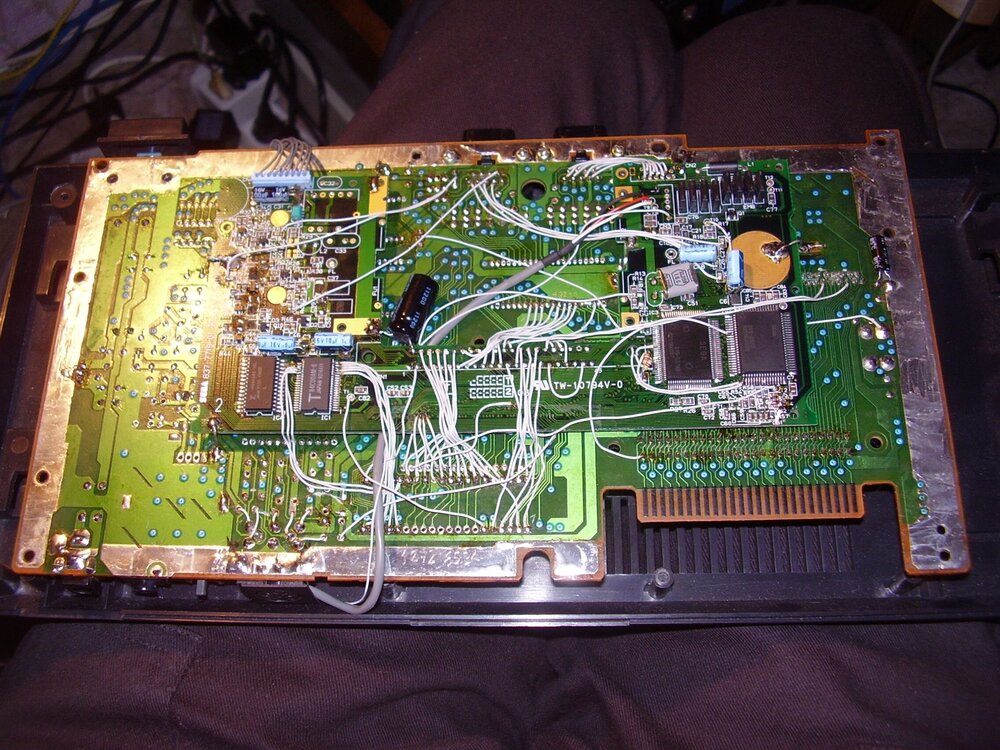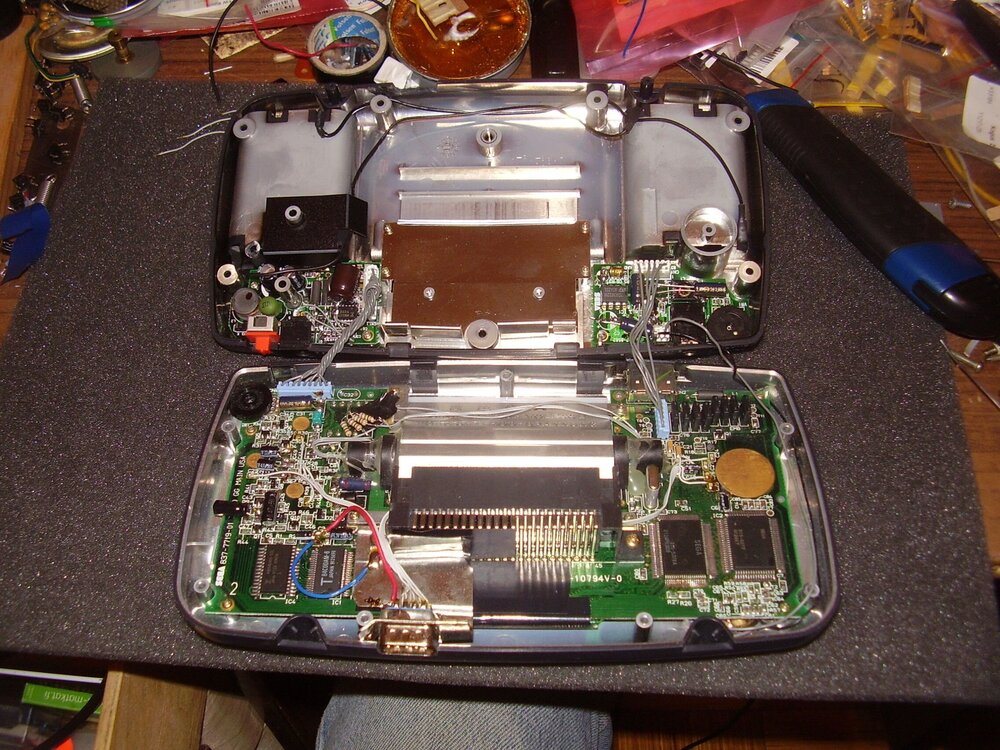Valve officially announced Steam Proton in late August 2018. For those who don't know, Steam Proton is valve's Steam Play translation layer, which lets you play Windows PC games directly on Linux without virtualization. It does this by using a translation driver called DXVK, which replaces DirectX 8, 9, 10, 11, and 12 API calls with equivalent Vulkan replacements. This means games run just as well, if not better in Linux than they do in Windows, especially since any game that uses Vulkan in Steam can download pre-compiled shaders to eliminate shader stutter. In windows, only a few games use vulkan, so the vast majority of games can't use this feature, but by nature, everything in linux uses vulkan, so shader stutter is basically a solved thin in linux land.
Anyways, when proton launched, it officially had a whitelist of 27 verified games, and steam's survey claimed that of the 80 million monthly active users on steam, only 0.49% were using linux at launch. Put into actual user numbers, that's 392,000 players. So, to recap, Linux gaming on steam in 2018 through proton was serving less games than Feburary has days to less than half a million players. Historically, this has been the problem with Linux, the chicken and the egg problem. There are no users to sell games to, because there are no games to attract users with. To get games made, you need users, and to get users, you need games made. For large, AAA titles, the linux market flat out did not make sense when even if every linux player on Steam bought your game, it still might not be enough to recoup dev costs. For indie titles, the difference of just a few thousand sales can decide between staying open for your next project, or shutting down, so every sale counts so much more compared to a large company with financial backing. As such, it made no sense to put your eggs in the linux basket, the market just wasn't there for the effort involved.
And here we are, 6 years later, and Steam Proton completely fixed all this. As of march 8, 2024, there are now 17,000 verified Steam Proton games that work flawlessly in linux. In addition to that, in early 2019, Valve opened up the option to let you play *ANY* game on steam through proton without them verifying support. That doesn't mean every game works, and some require tinkering, but it's no stretch to say that steam compatibility with linux is now in the upper 90% range. The few games that don't work now, don't work due to logistic issues with DRM or other anti-tampering technologies, not technical issues. And importantly, that increased catelog directly translated into millions of new players. As of March 2024, Linux now constitutes 1.94% of total OS usage on Steam, nearly quadrupling it's previous percentage. But more importantly than the percentage, is the actual number of users: steam didn't stay stagnent in 6 years, the monthly active users count increased by 50,000 people. Now there are 132,000 monthly active users, so Linux's larger percentage is pulling from a bigger pie in the first place. This translates into 2.56 million steam users running Linux now, each month.
There are multiple reasons why proton has been a success. Obviously, lots of games attracts users, but it's also changed things for developers. The most significant thing Proton does, is that it makes porting to linux effortless. There is no commitment or risk anymore. When you develop for Windows, you get a linux port automatically now, at no additional work. This makes this new user base of 2.56 million users essentially a free secondary market. Their windows market did not shrink, linux did not pull users away from windows. Rather, these are new users to sell to, that didn't exist in 2018. Now, the numbers actually work favorably. There is a market through linux now where those AAA studios could envision an extra million or so sales on top of their original sales in windows, or indies could nab those thousands they need to stay afloat directly from the audience in linux.
Just a fun update on how the state of this very long term project from Valve has been going. By all metrics, it's been a complete success.




